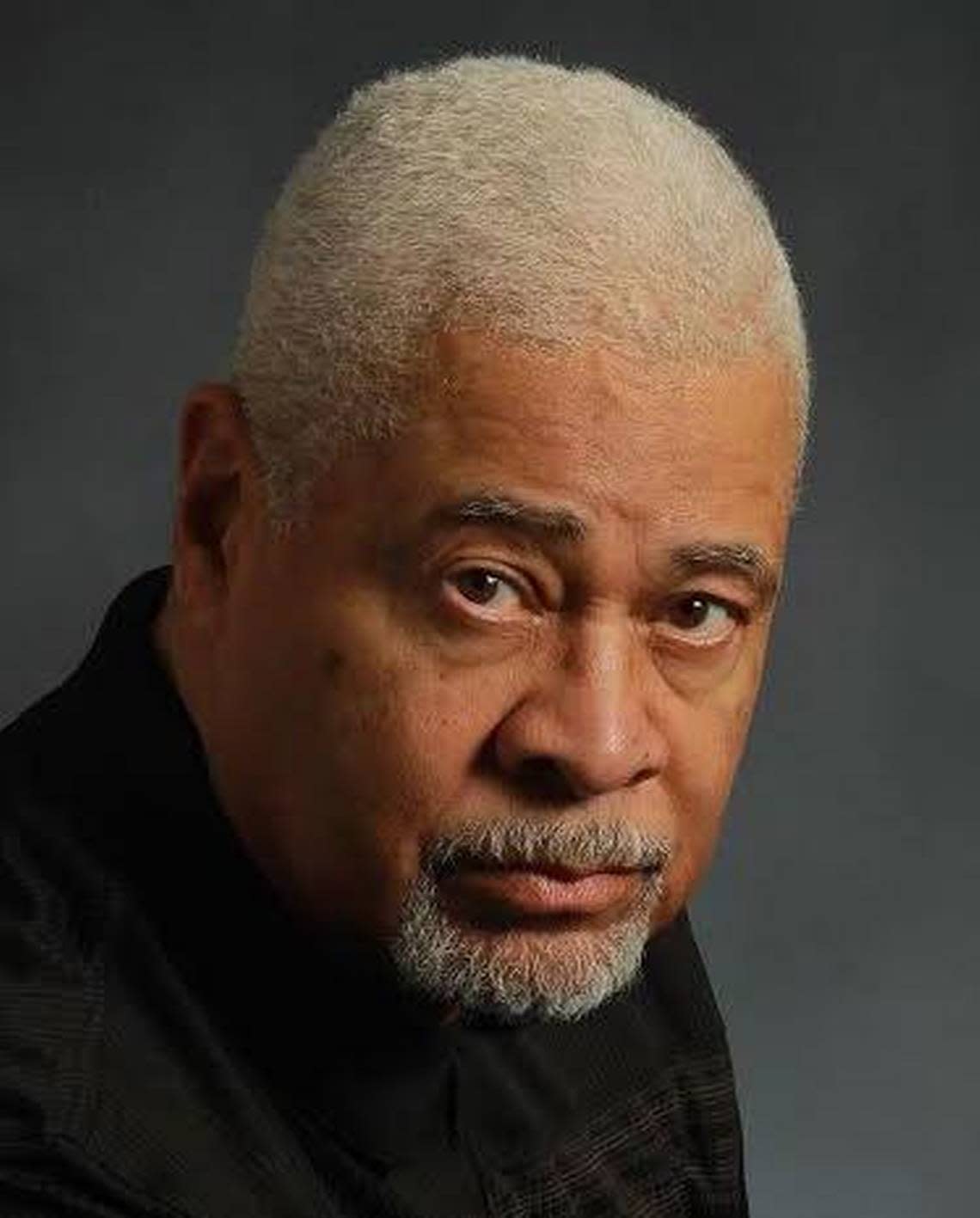Under the baobab: Time to tend the garden of our democracy once again

Watching President Joe Biden and former President Donald Trump in their first debate, I was reminded that a political campaign is not a heavyweight fight between two individuals. Rather it is a struggle between groups of people attempting to manifest their vision for the future. It is not about Biden’s age or even Trump’s mendacities. We are engaged in a struggle for, as John Lewis put it, “the soul of America” in this the most crucial election of my lifetime.
I have been a card-carrying Democrat since back in the ‘60s. I am ready to roll up my sleeves to tend the garden of our democracy, where weeds have begun to choke the crop. It is not the first time.
The first Democratic Party National Convention I attended was in Atlantic City in 1964, a year after the ‘63 March on Washington, where Martin Luther King Jr. gave his “I Have a Dream” speech. Earlier that year, Medgar Evers, head of the Mississippi NAACP, was gunned down in front of his children. Later that year President Kennedy was assassinated in Dallas. In summer ‘64 our brothers James Chaney, Michael Schwerner and Andrew Goodman were killed by the KKK. NAACP Activist Herbert Lee had been killed trying to register to vote. Dozens more suffered similar fates. Thousands of innocent African Americans had been lynched over the years as white hate groups tried to maintain political and economic power. Until 1954 Jim Crow segregation and white supremacy were the law of the land. Something needed to be done.
We went to the convention in order to petition the Democratic Party to seat our Mississippi Freedom Democratic Party (MFDP), with 100,000 members, instead of the race hate based regulars, who did not allow Blacks to register to vote. We carried picket signs while Fanny Lou Hamer spoke eloquently at the credentials committee about America living up to its promise of justice. They listened and then rejected our petition. President Johnson was afraid of losing the Southern vote if he supported the MFDP. He did lose the South but won the general in a landslide. Last week I was in Mississippi with a few dozen survivors commemorating the 60th anniversary of those efforts.
I did not attend the Convention in Chicago in 1968 even though it was in my home city. Several thousand other young people were there protesting America’s involvement in the Vietnam War. Over a half million soldiers had been drafted and deployed. Ultimately 50,000 would die. Thousands more would become alienated from the government. Millions of Vietnamese would die. Incumbent Democrats lost the presidency to Richard Nixon.
I was at the Convention in New York in 1980. There was trouble again in Asia. Iranian students had attacked the American Embassy and took hostages. They were not released until after Ronald Reagan won the presidency.
Now we are engaged in another crucial campaign. America is involved in another war in the Middle East. Even though no American troops are on the ground, U.S. resources were used to kill over 37,000 Palestinians. Two thousand Israelis have been killed and a couple hundred taken hostage. As in ‘68, young activists will be at the Convention in Chicago protesting our country’s support of that war. Constitutional rights for women and others are also on the ballot. The other party promises to bring prosperity by returning to a perceived period of former greatness. For many of us it has never been that great.
This time we must do more than vote and donate to our favorite candidate. Brothers and sisters, if we are going to survive as a democracy, we must learn to reengage each other in the discourse about our future. As the founders said, we have a republic if we can keep her.
Charles Dumas is a lifetime political activist, a professor emeritus from Penn State, and was the Democratic Party’s nominee for U.S. Congress in 2012. He was the 2022 Lion’s Paw Awardee and Living Legend honoree of the National Black Theatre Festival. He lives with his partner and wife of 50 years in State College.


